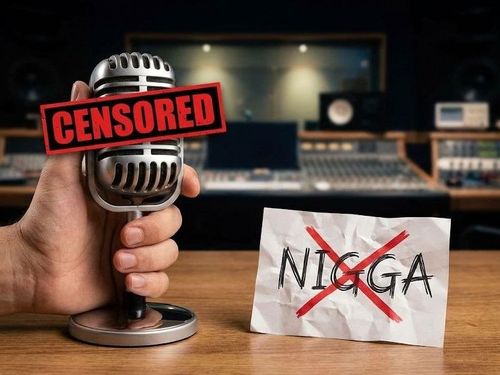Some individuals appear to have an innate ability to learn faster than others. In an attempt to uncover the secrets behind this phenomenon, a group of scientists at Carnegie Mellon University conducted a study to investigate the strategies employed by these rapid learners.
It is surprising that there were no significant differences in the learning rates of individuals, despite the belief that some people have greater learning abilities than others.
Participants were required to practice grasping new concepts, and progress was achieved at comparable rates among all participants.
The Study's Results
In March 2023, the researchers published their data analysis in the peer-reviewed journal Proceedings of the National Academy of Sciences (PNAS).
Their research demonstrated that with well-designed practice exercises and dedicated effort, anyone can acquire any skill they desire, an amazing fact.
Meanwhile, the study challenged the notion that raw talent, such as having a "knack for math" or a "gift for language," was a prerequisite for rapid learning.

Instead, the focus shifted to the quality and effectiveness of practice, debunking the myth that some individuals are inherently better learners than others.
Moreover, part of the misunderstanding stems from the tendency to confuse prior knowledge with learning speed.
Students who already possess a solid foundation in a subject may appear to learn faster than their peers when, in reality, they simply have a head start.
For instance, a student who excels in algebra may have already mastered fractions due to prior experience in the kitchen, measuring ingredients while cooking.
Thus, it becomes crucial to acknowledge that a head start does not necessarily equate to faster learning.
Measuring learning progress
An analogy used by cognitive psychologist Ken Koedinger, the director of Carnegie Mellon's LearnLab, beautifully illustrates the fallacy of perceiving learning speed solely based on finishing first.
Watching a marathon from the finish line, the first runners to cross might not necessarily have been the fastest; staggered start times play a significant role in determining true pace.
Similarly, Koedinger and his colleagues measured each student's baseline achievement and incremental gains from that starting point.
Meanwhile, the implementation of educational software enabled accurate tracking of students' progress over time, providing invaluable insights into the pace at which learning occurred.
Quick Learning Skills for Career Advancement
In today's professional landscape, the ability to adapt quickly and continuously update one's skills is imperative.

Thus, recruiters prioritize candidates with demonstrated quick learning abilities as they require minimal training, saving the company valuable time, effort, and resources.
Possessing fast learning skills encompasses adaptability to new environments, the aptitude for acquiring new technical proficiencies, and the ability to stay abreast of industry developments.
Highlighting these competencies on your resume can significantly enhance your career prospects by showcasing your capacity to grasp new concepts and contribute effectively and quickly to the organization.
Exceptional students, commencing above 65% accuracy, require only a few attempts, less than four, to reach the 80% threshold. In comparison, students with lower abilities often need more than 13 attempts to achieve the same threshold.
This discrepancy, four versus thirteen, may suggest differing learning rates between students. However, this is not the case.
Each student, regardless of their proficiency level, gains the same amount of knowledge from each attempt.
Moreover, the student data analyzed by Koedinger was collected from educational software that promotes interactive learning. It allows students multiple attempts to exercise their skills, make mistakes, receive feedback, and try again.
Learning by doing is the key. The feedback given varied from basic, such as an answer key, to advanced and sophisticated.
Conclusions
The research conducted by Carnegie Mellon University sheds light on the fallacy of perceiving some individuals as inherently better learners. Moreover, the study demonstrates that, with well-designed practice exercises and dedication, anyone can master any subject.
Being a quick learner is a valuable skill that is highly desired in today's competitive job market. It is a sign of adaptability, agility, and the potential to make a positive contribution from the very beginning. By highlighting your fast learning abilities on your resume, you can position yourself as an ideal candidate and increase your chances of succeeding in your career.




